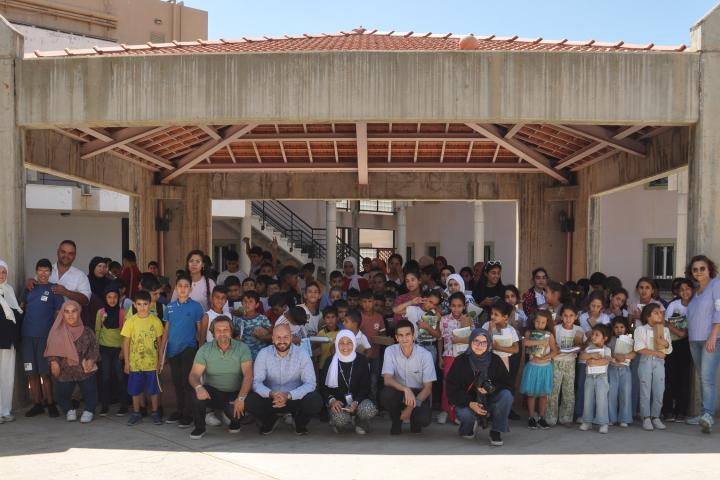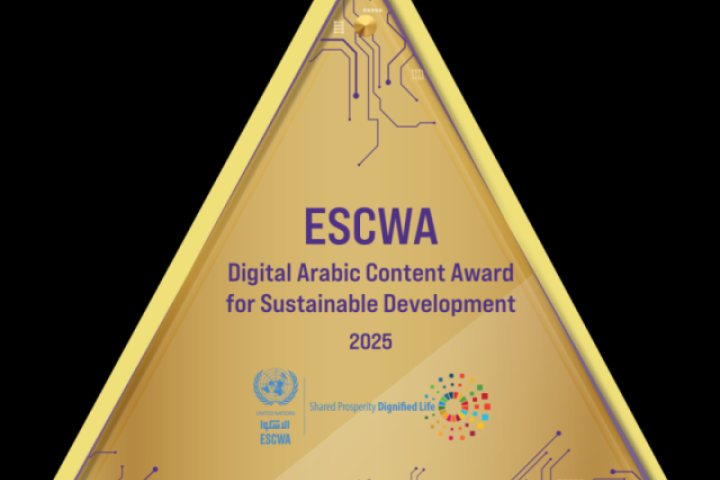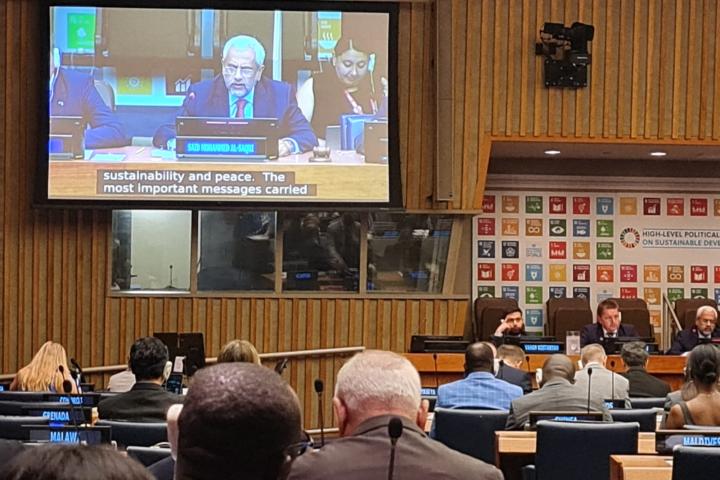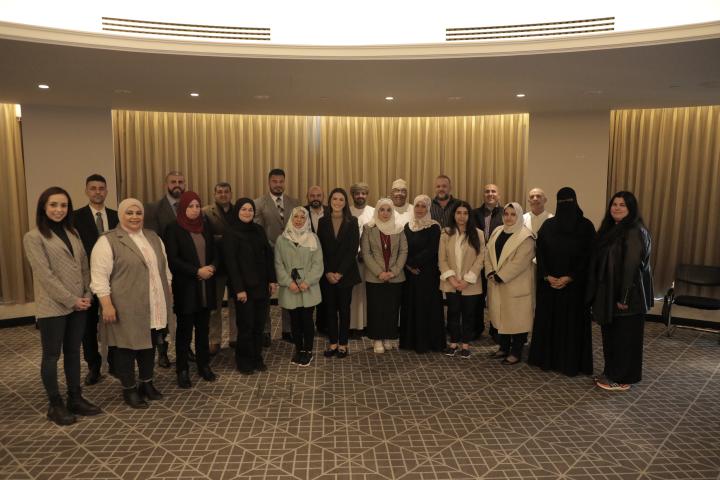Article 19 of the UN Convention on the Rights of Persons with Disabilities (CRPD) states that persons with disabilities, like everyone else, should be able to choose where and with whom they live and should have access to services that support their ability to live and be included in the community, rather than being isolated or segregated. States parties to the CRPD, which includes 17 out of 18 ESCWA member States, have committed themselves to ensuring these fundamental rights and freedoms.
In the Arab region, residential institutions have been set up [A1] to provide a variety of services to people with diverse mental and physical disabilities. However, little is known about the actual living conditions and services provided within these institutions. As a result, ESCWA embarked on a pilot study with the Centre for Lebanese Studies (CLS) of the Lebanese American University (LAU) to carry out qualitative research regarding different kinds of facilities and care provisions as well as national regulatory structures in 11 Arab countries.
On this basis, ESCWA organized an Expert Group Meeting, held on 28-29 August at the UN-House in Beirut, bringing together government officials from 12 countries across the Arab region (Egypt, Jordan, Lebanon, Mauritania, Morocco, Oman, Palestine, Qatar, Sudan, the Syrian Arab Republic, Tunisia and Yemen), as well as international experts and members of civil society and Disabled People’s Organizations (DPO), to discuss the study, challenges related to institutions and policy choices towards alternative solutions.
Participants delved into different aspects of institutionalization such as causes, services, government regulation of and alternatives to institutions. They also discussed the challenges, opportunities and services required by persons with disabilities to both improve their lives within existing institutions as well as aid in the transition to a life outside of institutions.
It was agreed by all, as noted by Mr. Frederico Neto, Director of the Social Development Division, that “society as a whole needs to work together with government and civil society to develop the enabling environment into which persons with disabilities can integrate.”
*****
For more information:
Nabil Abu-Dargham, Head, ESCWA Communication and Information Unit
+961-70-993-144; email: dargham@un.org
Ms Rania Harb +961-70-008-879; email: harb1@un.org
Ms Mirna Mahfouz: +961-70-872-372; email: mahfouz@un.org
Mr Haidar Fahs: +961-70-079-021; email: haydar.fahs@un.org
[A1]Should we say the past years, since we learned in the meeting that they have been around since ancient times?



